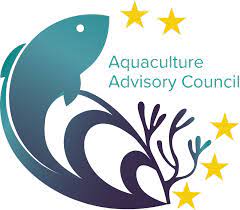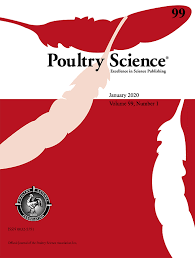Document type: The Aquaculture Advisory Council Aquaculture Advisory Council (AAC)
Author: AAC
Preview: I. Background [ [...] II. Fish welfare [...] III. Ethology [...] IV. Determining the behavioural requirements of a species [...] V. Environmental enrichment [...] VA. Choice o systmes [...] VII. Handling stresses [...] VIII. operational welfare indicators [...] IX. Training and knwoledge transfer [...]X. Recommendations
Recommendations for all stakeholders :
- The natural behaviour of species which are farmed should be studied both in the wild and under farming conditions. Studies should include determining the triggers for these behaviours and the welfare consequences of behavioural frustration.
- Appropriate methods of environmental enrichment should be assessed and developed for all species, life stages and systems in which fish are farmed.
- Operational welfare indicators (OWIs) should continue to be developed based on an understanding of fish behaviour for all species which are farmed, with priority given to the major species. There should be continuing ongoing research into the positive and negative behavioural signs of fish welfare.
- Appropriate OWIs should be applied at all stages of the lifecycle including hatcheries, rearing, handling, transport and slaughter.
- Guidelines for best practice should include the measurement of OWIs, the provision of environments and application of management practices which provide for the behavioural needs of fish and the choice of systems with good welfare potential.
- Those who work in aquaculture should be trained in the natural behaviour of the species they look after and to recognise positive and negative behavioural signs of welfare. They should be trained to measure and record OWIs in a reliable and repeatable fashion. There should be support towards the training of aquaculture professionals in fish welfare and behaviour.
- The behavioural needs of fish should be considered in the choice of systems for rearing.
- The behavioural needs of any new species being considered for aquaculture should be studied as part of the consideration of their suitability for aquaculture.
Recommendations for the Commission :
- The Commission, together with the Fish Reference Centre, should coordinate exchanges between aquaculture operators, scientists, and NGOs to explore and develop environmental enrichment options in aquaculture, and connect this activity to its objective in the Strategic Guidelines to map best husbandry practices including environmental enrichment.
- The EU Animal Welfare Reference Centre for fish should give a high priority to behaviour within its work programme.
- EU funded research projects in aquaculture should give a high priority to behaviour and welfare within their research programmes.
Recommendations for Member States :
- Financial support should be available for measures to improve fish welfare in aquaculture, for example using EMFAF funds. This can include the development of environmental enrichment on farms, the provision of equipment such as cameras to facilitate assessment of fish welfare, the provision of improved handling systems and humane slaughter equipment.






